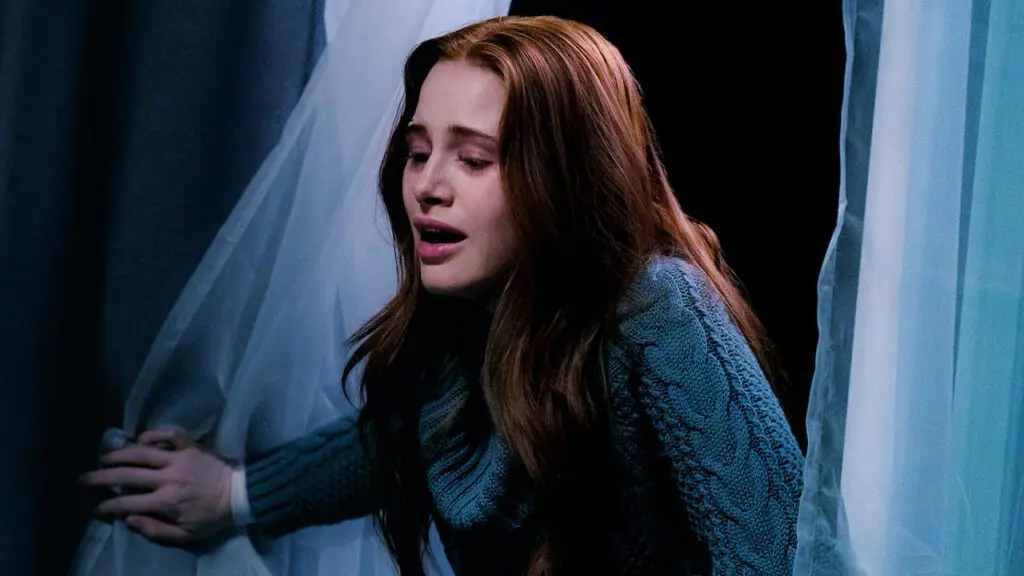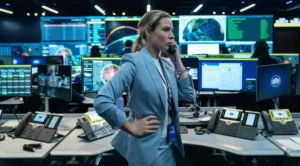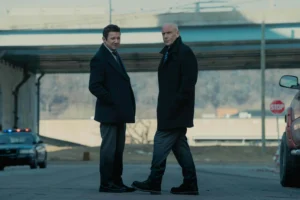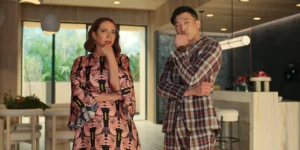Summary
Sightless has a solid premise and glimmers of a much better film, but it’s hampered by a weary pace and a predictable structure.
New on Netflix today, though not a Netflix Original, Sightless is the kind of film that has been sat on a shelf for a while for reasons that are entirely understandable once you watch it. A rote genre exercise with a predictable structure and some gaping plot and logic issues, you’ve basically seen it all before – even if Riverdale star Madelaine Petsch not being able to see anything at all will doubtlessly draw in a sizeable viewership. (At the time of writing, this is number two on the UK’s trending list.)
Petsch plays Ellen, a semi-famous violinist who is left blinded by an assault and spends a frankly inordinate amount of time left to her own devices despite this rather sudden disability. Quite quickly she becomes very suspicious of the new people in her life, who include Lucifer’s Alexander Koch. This is all building to a twist you’ll see coming a mile away, and there are so many contrivances made to accommodate it that it never quite lands with the impact it’s clearly aiming for. The “big reveal” amounts to little more than a shrugging, “Obviously!”
Still, some of the gimmicks Sightless uses to set the scene are quite effective. The oddities Ellen gradually picks up in her new living situation and the people around her are obviously suspicious, sure, but I liked the gimmick of people and things appearing as she pictures them and then altering when she gets additional clarity. Seeing Ellen feel a scar that then suddenly appears on someone’s face really works to get the audience in the character’s headspace; if only these moments were deployed more frequently and cleverly. (As it happens, they also reminded me of a very little-played video game called Beyond Eyes.)
Cooper Karl writes and directs Sightless from his own short film, so there’s an obvious fondness for the material that doesn’t seem warranted. But some glimmers of a better experience suggest, by extension, slightly better things for the future of the filmmaker. This is a film that, fittingly, you’re better off not seeing.




